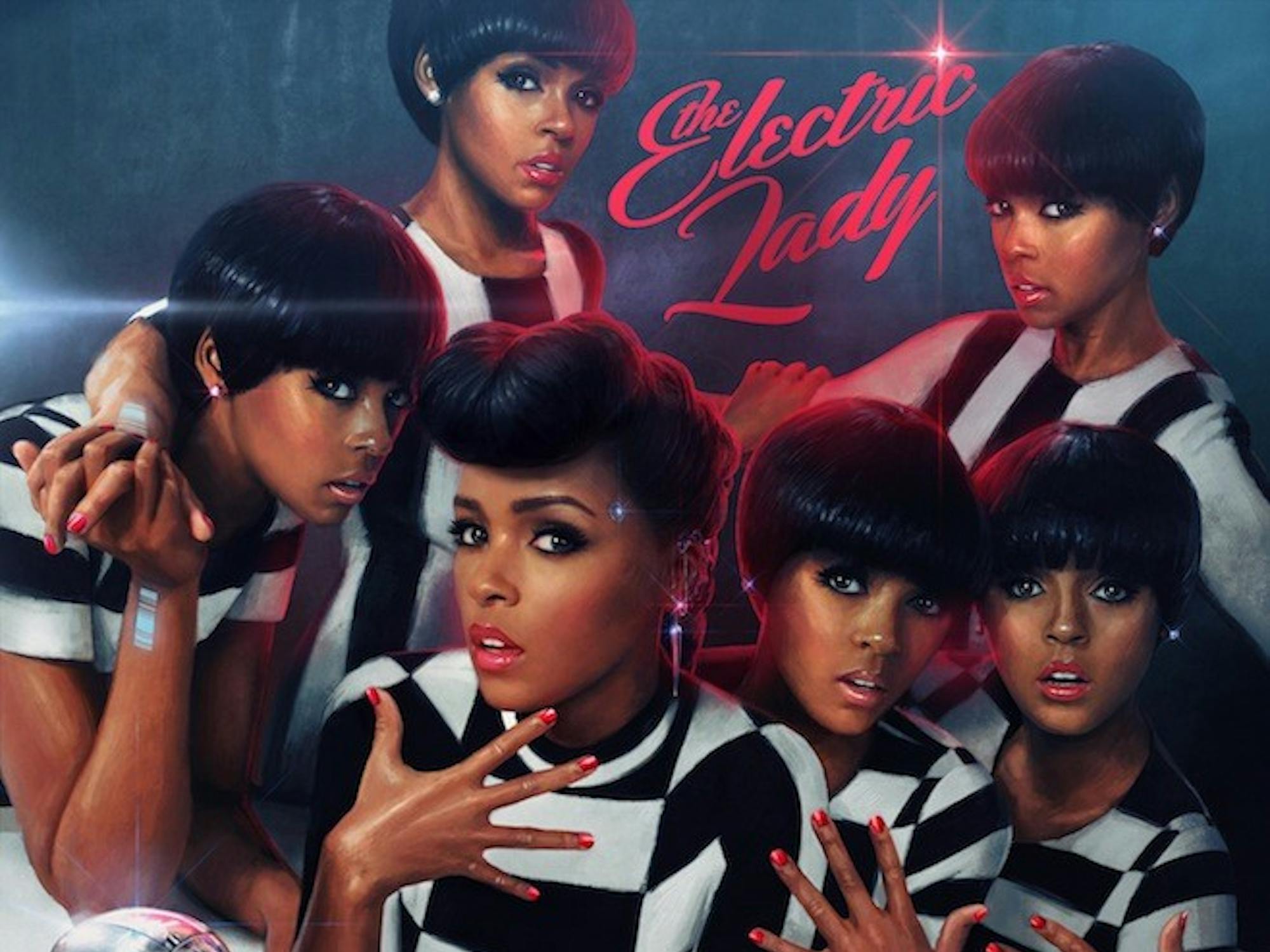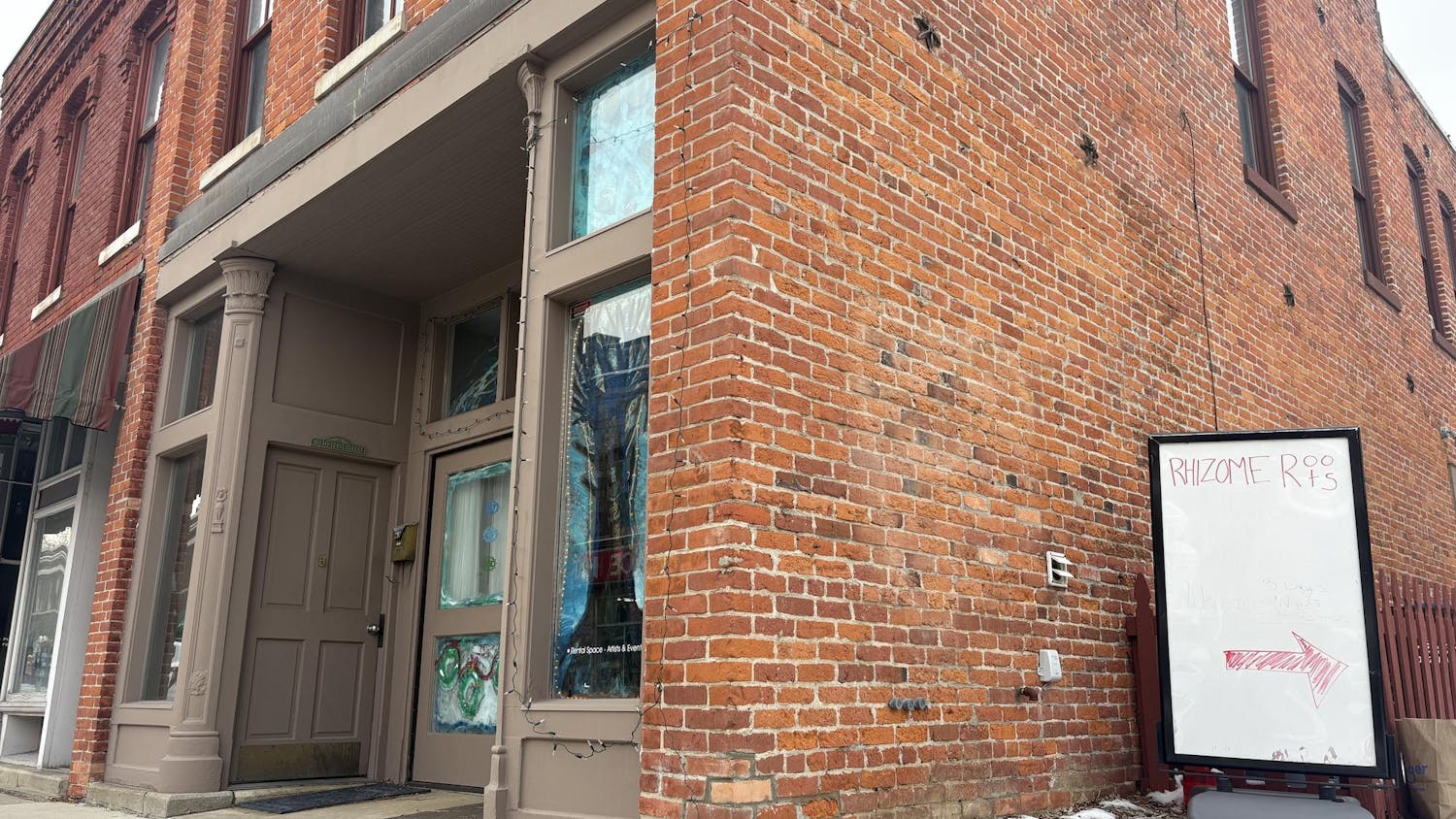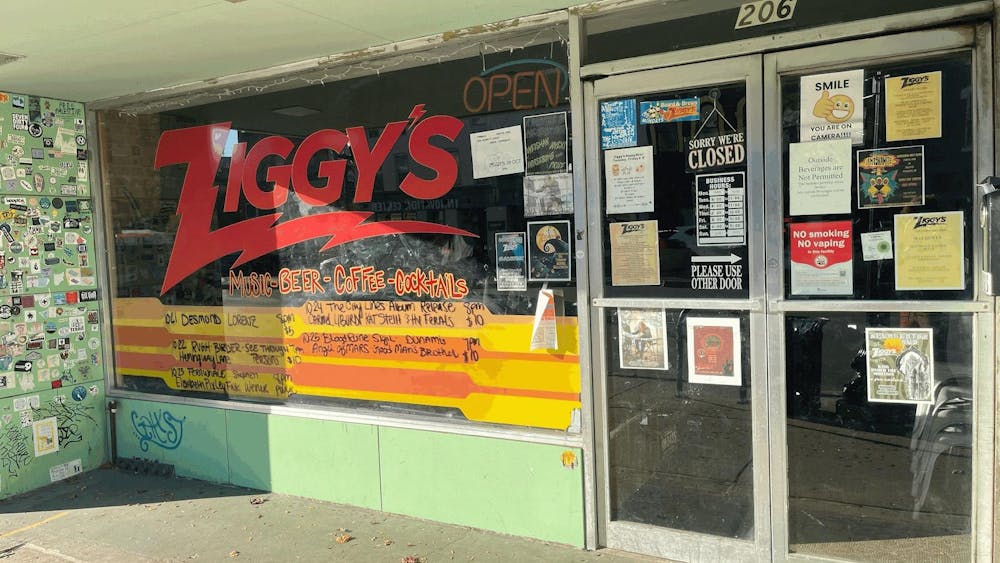Jody Rosen, pop music critic of New York Magazine, recently wrote, “The only people who like a black bohemian more than fellow black bohemians are white rock critics.” This was from his article about Janelle Monáe, whose new release, “The Electric Lady,” has been one of the most anticipated albums of 2013.
Since I encounter white rock critics a lot more than black bohemians, I’m probably a bit one-sided. The majority of the white rock critics I know don’t particularly care for Monáe, despite Rosen’s statement. Her 2010 debut album “The ArchAndroid” was acclaimed, but many critics have dismissed Monáe, like Rosen who said of her debut, “It pains me that so many smart critics have fallen for music that’s so slapdash and self-impressed.” Music journalist Robert Christgau also not only found it to be overrated, but the most overrated album of 2010,.
“Her songwriting is 60th percentile,” Christgau wrote of Monáe, “her singing technical, her sci-fi plot the usual rot.” (Christgau and I do agree that her best song is “Cold War,” so there’s that.)
The dismissal of Monáe by critics I admire –which has since extended to Alfred Soto and Dan Weiss –hit me by surprise at the time. but looking back, maybe it shouldn’t have.
“The ArchAndroid” isn’t an album that Christgau or Rosen would be likely to enjoy or I’d be likely to enjoy, either: a neo-soul concept album about an android. Not exactly my cup of tea. It actually seems like the furthest thing from my cup of tea.
The music was so immediate that the genre and concept didn’t matter. To genuinely love the album happened naturally. The music grabbed me and, when I put it on now, it still has that hold.
Now, “The Electric Lady” has finally been released after three years and, like its predecessor, it’s completely satisfying.
One way this album tops “The ArchAndroid” is with its guest stars. The first song is “Give Em What They Love” featuring Prince. There have been plenty of moments in pop music where young stars have shared a song with one of their idols, but rarely are they this enjoyable. Monáe seems both in control and close to losing it, and the two of them create a song that’s as fascinating as it is fun.
The strongest guest appearances are Erykah Badu on “Q.U.E.E.N.” and Miguel on “Primetime,” who in particular brings a lot of charm, contributing to the album his second greatest duet behind #Beautiful with Mariah Carey.
Is this sophomore effort better than the debut, though? Well, like “The ArchAndroid,” the first half of “The Electric Lady” Suite IV is superior to the second Suite V. Nearly all of the major songs come at the beginning of the album, and the second part is ultimately a consistent batch of good songs that don’t exactly live up to the earlier tracks. By that measure, “The Electric Lady” is the better album –Suite V here is definitely better than Suite III on “The ArchAndroid.” Suite V is almost on par with the B-side of
“Abbey Road” in terms of consistency out-ruling a lack of truly great songs. During my first listen of “Dance Apocalyptic,” I instantly stood up and began dancing – something that rarely happens.
Maybe to critics Monáe is pretentious, her music is self-important and conceptually, her records are ridiculous. Ultimately, it doesn’t matter when music that can affect you emotionally is often more important than how it affects you intellectually. Just feel the music.
Knowing white rock critics and people who like Monáe, the two categories rarely overlap. The biggest Monáe fans I know are also the biggest fans of mainstream pop music, which says more than a white rock critic like myself is capable of saying.
Grade: A
Key Tracks: “Dance Apocalyptic,” “We Were Rock & Roll,” “Primetime,” “Ghetto Woman,” “Electric Lady” and “Q.U.E.E.N.”










